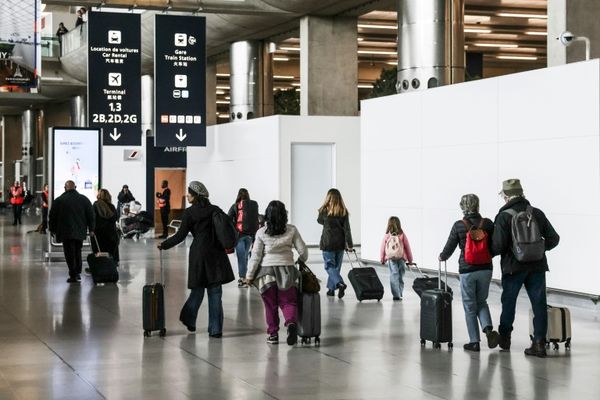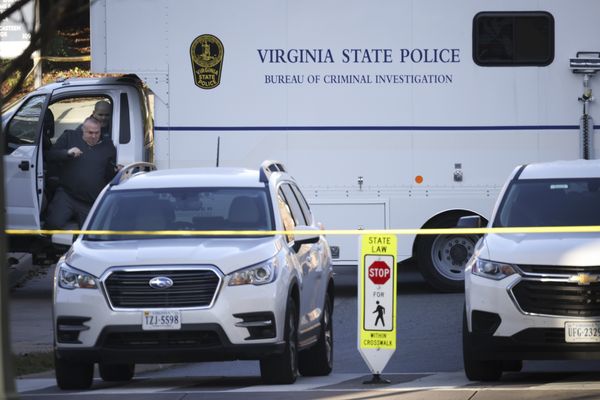
Israel has formally informed the United Nations of its intention to sever ties entirely with the UN relief agency for Palestinian refugees in a move the country’s allies and aid workers warn will deepen the humanitarian crisis in the Middle East.
The Knesset passed two bills last week banning Unrwa from Israeli territory and prohibiting Israeli state contact with the agency on the basis of allegations that Hamas had infiltrated it.
The ban will take effect in three months but in the first step towards implementing the Knesset vote, the Israeli ambassador to the UN, Danny Danon, sent a letter to the UN secretary general and the president of the general assembly officially withdrawing Israel from a 1967 cooperation agreement with Unrwa.
“Despite the overwhelming evidence we submitted to the UN that substantiate[s] Hamas’s infiltration of Unrwa, the UN did nothing to rectify the situation,” Danon wrote on X on Monday.
An internal UN inquiry found in August that nine Unrwa employees “may have been involved” in the surprise Hamas attack on Israel on 7 October last year, in which about 1,200 people were killed and 250 taken hostage, triggering the current conflict.
Unrwa has 13,000 employees in Gaza and is by far the biggest aid agency in the coastal strip. The UN has denied charges that the agency has been fundamentally compromised by infiltration.
Aid experts, as well as Israel’s closest allies, have said there is no alternative to Unrwa in terms of providing relief to Palestinians in Gaza, the West Bank and across the region, and that the ban could cripple services to an embattled population that increasingly depends on them.
The head of Unrwa, Philippe Lazzarini, said Israel had cut the flow of aid entering Gaza to a trickle, with an average of 30 trucks entering the territory a day, only 6% of the quantity delivered to Gaza before the war.
“Restricting humanitarian access and at the same time dismantling Unrwa will add an additional layer of suffering to already unspeakable suffering. Only political will can put an end to a politically made situation,” Lazzarini said.
The state department said on Monday that Israel had failed to significantly improve conditions in the strip, as Washington’s deadline for a permanent transformation of the humanitarian crisis approached.
In a letter on 13 October, the Biden administration told Israel it had 30 days to take specific steps to address the situation or face possible punishment, including the potential stopping of US weapons transfers.
“As of today, the situation has not significantly turned around,” the state department spokesperson, Matthew Miller, said on Monday. “We have seen an increase in some measurements. We’ve seen an increase in the number of crossings that are open. But just if you look at the stipulated recommendations in the letter, those have not been met.”
In its retaliatory military campaign in the 13 months since the Hamas attack, Israel has killed more than 43,000 people in Gaza, most of them civilians, according to figures from the territory’s health ministry, which is run by Hamas but provides reliable figures on the death toll according to the UN.
The focus of the military campaign in the past month has been in the far north where an area comprising Beit Hanoun, Beit Lahiya and Jabalia has been besieged and heavily bombed, including the few remaining medical facilities.
The Kamal Adwan hospital continued to come under direct fire on Monday, according to its director, Hossam Abu Safieh, who described the situation as catastrophic. He said the “the army did not contact the hospital before directly targeting it”.
“Several of our staff have been injured, and we are unable to leave the hospital,” he said.
The bombardment comes at a time when health workers have been attempting to carry out a second round of polio vaccinations for children under 10.
The World Health Organization (WHO) said 94,431 children had received a dose of the vaccine over the weekend, which represents 79% of the target in northern Gaza.
At least 90% vaccination coverage is needed to stop the spread of the virus. About 15,000 children are thought to be trapped in the zone besieged by Israeli ground forces and cannot be reached because of military operations.







